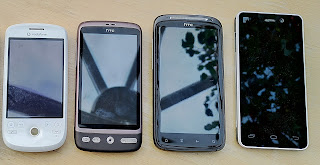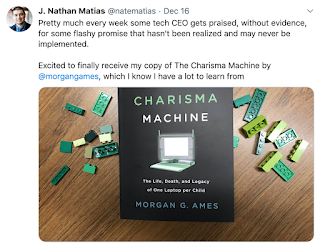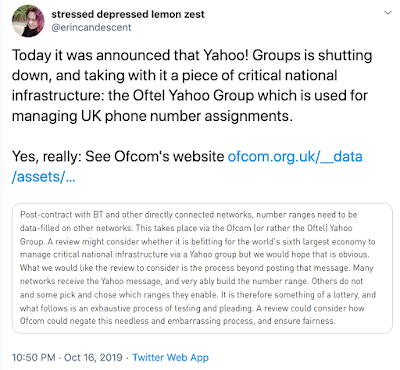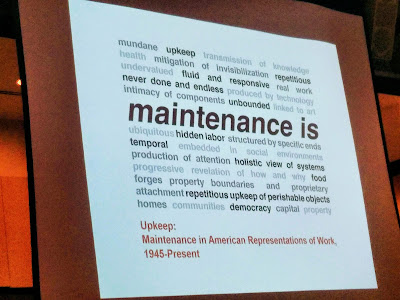A decade in phones

Or nearly a decade in phones, as this is missing the two most recent phones: I had the Vodafone from 2009, so started the decade with that. The little joystick thing was good, but otherwise it was an annoying phone after 3 Nokias with physical keypads. The two HTCs were better. The Fairphone 1 was shortlived and aged rapidly (at least with my level of app usage); I was delighted to replace it with the Fairphone 2, which weathered changes in Android much better. I did have a second FP2 handset, after the first one hit early adopter bugs and needed to go back for debugging. Overall it was nearly 4 years before I changed phone again. My FP2 is not shown, as it went back for refurbishment; I now have a Fairphone 3, which is a really excellent piece of hardware, recommended. We'll see if it lasts the seven years Fairphone hope to support it for! All these phones had/have very similar user interfaces - a portrait rectangle screen you poke at (or swipe, these days), icons, apps...




